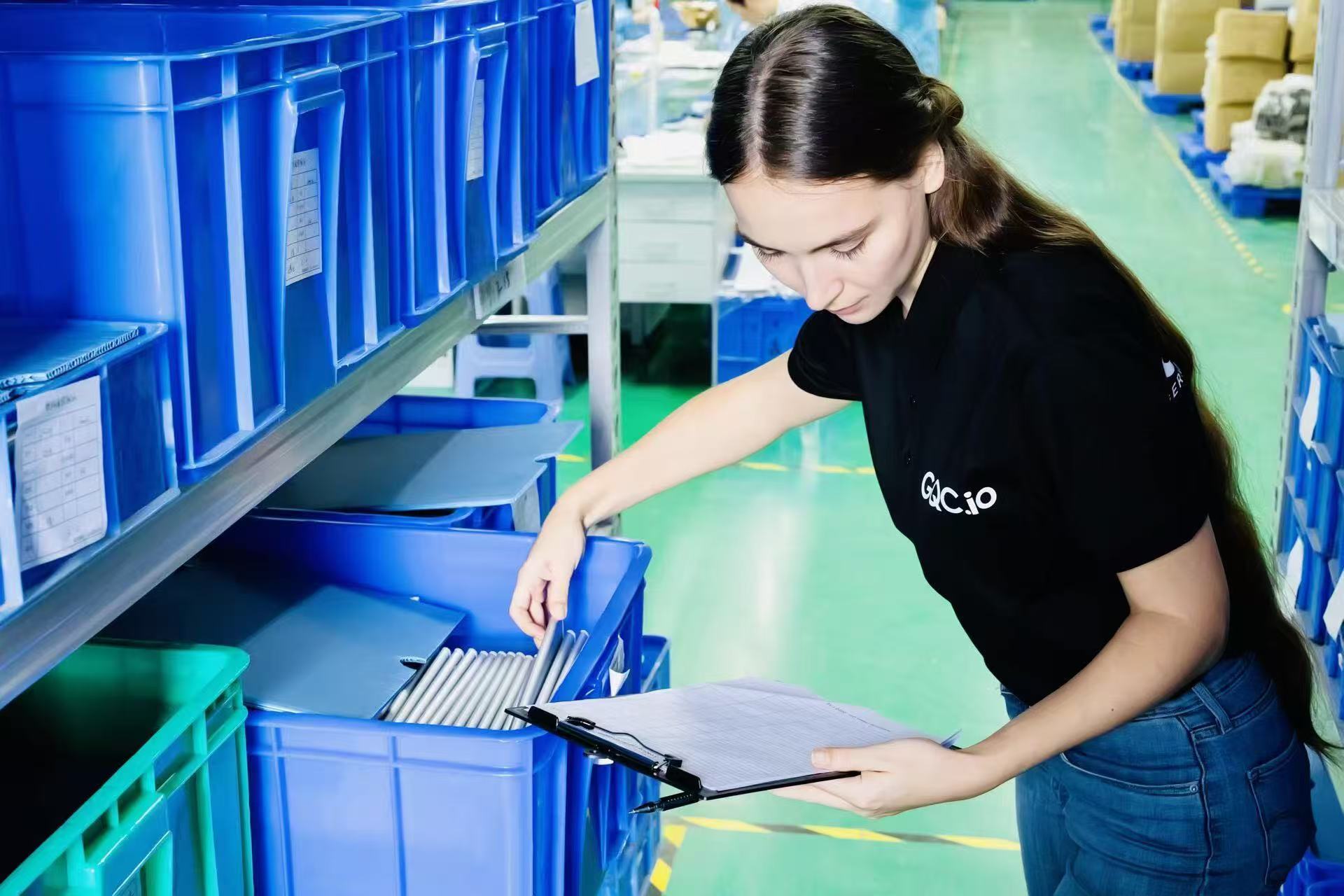Quality control is a vital aspect of manufacturing, ensuring that products meet customer expectations and regulatory requirements. Chinese manufacturing has faced increased scrutiny and pressure to improve quality control practices in recent years. Looking ahead to2023, several trends are emerging that will impact the quality control landscape in China.
The Chinese government has made quality control a top priority, with the "Made in China 2025"initiative, which aims to transform the country into a world leader in high-tech manufacturing. As part of this initiative, the government is encouraging companies to focus on quality control, innovation, and efficiency.Furthermore, the government is increasing its enforcement of quality control regulations, with penalties for non-compliance becoming more severe.
Customers are demanding higher quality products, with Chinese companies expanding their global footprint facing increasing pressure from customers who demand products that meet international quality standards. To remain competitive, Chinese manufacturers must invest in quality control measures that meet or exceed customer expectations.
Technology is rapidly changing the quality control landscape. Advances in artificial intelligence, machine learning, and automation are enabling manufacturers to improve the accuracy and efficiency of quality control processes. For example, automated inspection systems can quickly identify defects and ensure that products meet quality standards. In addition, manufacturers are using big data and analytics to identify quality issues and improve production processes.
Environmental and social responsibility are becoming increasingly important in quality control.Consumers are more aware of the environmental and social impact of their purchases, and companies are under pressure to demonstrate their commitment to sustainability. To meet these expectations, Chinese manufacturers must ensure that their products are produced in an environmentally and socially responsible manner.
In response to these trends, Chinese manufacturers are adopting new quality control practices and technologies. They are investing in training and development programs to improve the skills of their quality control staff. These programs focus on developing a culture of quality and continuous improvement, empowering employees to identify and address quality issues before they become major problems.
Another trend in Chinese manufacturing is the growing use of collaborative quality control initiatives.Chinese manufacturers are partnering with suppliers, customers, and other stakeholders to share knowledge and best practices, and to develop standards for quality control. These initiatives are helping to improve quality across the entire supply chain and enhance the reputation of Chinese manufacturing.
In conclusion, quality control will continue to be a critical issue for Chinese manufacturers in 2023and beyond. As the Chinese government, customers, and consumers demand higher quality products, manufacturers must adopt new technologies and practices to remain competitive. The use of advanced analytics and machine learning, the development of a culture of quality, and the adoption of collaborative quality control initiatives are all key to improving quality control practices inChinese manufacturing.
GQC is a quality control company based in China that provides on-site inspection, factory audit, and supplier management services to help companies ensure product quality and compliance. By partnering with GQC, companies can improve their supply chain and supervise their production processes. To learn more visit www.gqc.io .





